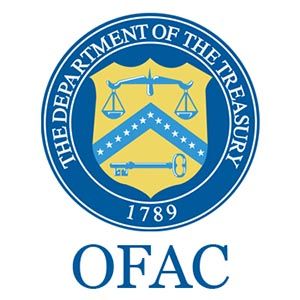
Cartier was just rapped for making a costly, if perhaps understandable, mistake.
On four separate occasions between 2010 and 2011, an individual purchased jewelry from Cartier boutiques in California and Nevada. According to a press release from the Office of Foreign Assets Control (OFAC), a division of the U.S. Treasury, that person gave as a shipping address Shuen Wai Holdings Limited. That company is on OFAC’s specially designated persons and blocked nationals list; doing business with it—even selling it jewelry—violates OFAC’s sanctions against foreign narcotics kingpins.
As a result, Cartier’s owner Richemont just paid OFAC $384,000 in a settlement. (A Cartier spokesperson did not respond to a request for comment.)
As the Compliance Building blog noted, Cartier may never have envisioned selling to someone could violate federal sanctions:
I had never thought about the sanctions list in the context of consumer transactions. It did bring to mind a story I heard while attending the FBI’s Corporate Compliance Officer Outreach Event several years ago. An agent told the story of a border guard who flagged through a car with a suitcase full of gift cards. The border guard was looking for cash and didn’t think twice about the gift cards. Of course the gift cards have some limitations, but are just as good as cash in most instances.
The same could be true of Cartier. They many never have thought that their customers would be drug kingpin associates trying to launder money.
Says OFAC: “This enforcement action highlights the risks for companies with retail operations that engage in international transactions, specifically including businesses that ship their products directly to customers located outside of the United States.”
The OFAC web notice says that Cartier cooperated with the investigation and has never been accused of violating sanctions before. But it listed as “aggravating factors” the fact that Richemont “failed to exercise a minimum of caution” regarding sales to sanctioned entities. It also pointed out—and this is an important point for JCK readers—that Cartier is part of an industry (i.e., jewelry) considered “at high risk for money laundering.”
Sara Yood, senior counsel for the Jewelers Vigilance Committee, tells me that, as far as she knows, this case is pretty unusual. But it may not be the last.
“This should serve as warning to everybody out there that they need to do their due diligence,” she says.
She says that software is available that can flag individuals or companies on OFAC’s specially designated nationals list and believes that anyone in the jewelry business should check those lists on a regular basis.
Follow JCK on Instagram: @jckmagazineFollow JCK on Twitter: @jckmagazine
Follow JCK on Facebook: @jckmagazine